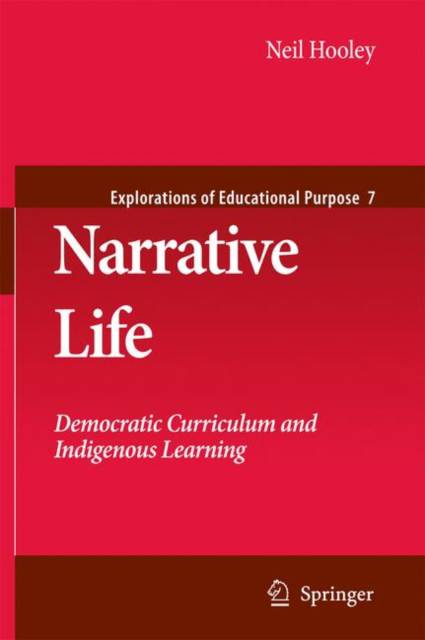
- Afhalen na 1 uur in een winkel met voorraad
- Gratis thuislevering in België vanaf € 30
- Ruim aanbod met 7 miljoen producten
- Afhalen na 1 uur in een winkel met voorraad
- Gratis thuislevering in België vanaf € 30
- Ruim aanbod met 7 miljoen producten
Zoeken
Omschrijving
Indigenous education is one of the great challenges facing humanity in the historic quest for a democratic and peaceful future. The 370 million Indigenous peoples of the world demand that the racist and colonial wrongs of the past be recti ed and that they stand as equals in confronting the social, political and cultural problems that surround us all. Education offers a way forward, whether concerned with the public good, schooling for all citizens including universal primary education and expanding secondary education, the education of women regardless of background, the inclusion of local cultures, literacy and numeracy for all as a democratic right and the provisionof comprehensiveeducationthat enables both personal aspiration, cultural satisfaction and economic pathways. What this means is that all children no matter where they live, no matter what theirbackgroundorthecolouroftheirskinshouldexpecttohaveaccesstoeducation of the highest quality. This does not impose a particular style of education for local communitiesbut respects that educationaldirections must be decidedindependently by countries themselves. Within this general context, there is also something most profound about Indigenous knowing, of appreciating Indigenous perspectives and applying these across all knowledge, across all subjects of a curriculum. Rather than accepting the one often highly conservative and dominant view of knowledge, teaching and learning for all schools, Indigenous perspectives offer other insights and means of analysis, re ection and critique. These can open up elds of creative and critical learning for all children, including the dispossessed, marginalised and disenfranchised.
Specificaties
Betrokkenen
- Auteur(s):
- Uitgeverij:
Inhoud
- Aantal bladzijden:
- 290
- Taal:
- Engels
- Reeks:
- Reeksnummer:
- nr. 7
Eigenschappen
- Productcode (EAN):
- 9781402097348
- Verschijningsdatum:
- 15/04/2009
- Uitvoering:
- Hardcover
- Formaat:
- Genaaid
- Afmetingen:
- 156 mm x 234 mm
- Gewicht:
- 616 g

Alleen bij Standaard Boekhandel
+ 419 punten op je klantenkaart van Standaard Boekhandel
Beoordelingen
We publiceren alleen reviews die voldoen aan de voorwaarden voor reviews. Bekijk onze voorwaarden voor reviews.











